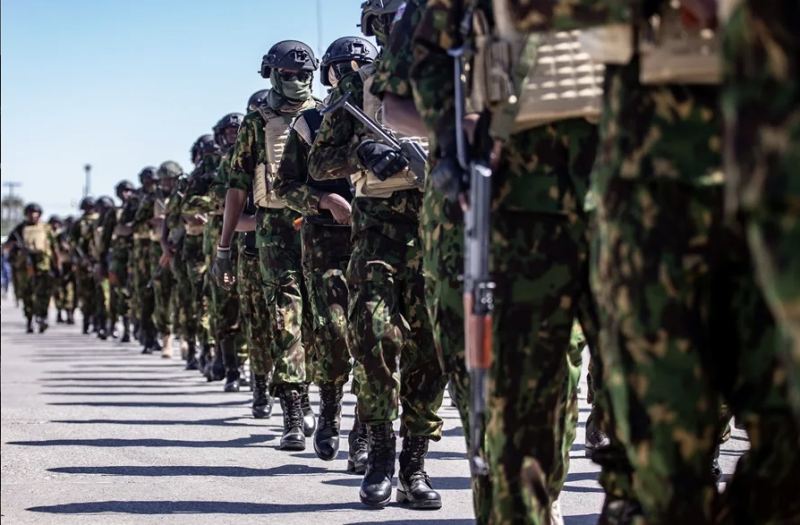Santo Domingo, DR—The situation in Haiti has evolved from a governance and security crisis into a prelude to open war, with the United Nations Security Council authorizing the Gang Suppression Force (GSF) to confront armed groups controlling much of Port-au-Prince. This marks a decisive shift from peacekeeping to a strategy of repression and neutralization, as the GSF prepares to dismantle gangs and protect critical infrastructure over a 12-month mandate ending in October 2027. The deployment of 5,550 troops signals an irreversible turning point, eliminating any possibility of negotiation or coexistence with the gangs. The GSF’s mission is not peacekeeping but law enforcement, aiming to reduce gang territorial control through force. Armed groups, which exploit resources through kidnappings and trafficking, have demonstrated superior resistance capabilities and will view the GSF’s arrival as an existential threat. The conflict is expected to involve asymmetric urban warfare, with gangs leveraging their knowledge of the terrain, coercing civilians as human shields, and employing guerrilla tactics. This will likely result in high casualties and collateral damage. The GSF’s deployment, however, will take months, providing gangs with a window to escalate violence, expand territorial control, and launch high-visibility attacks to maximize chaos and undermine the intervention’s legitimacy. The looming confrontation has rendered the possibility of elections on November 15 untenable, with the Presidential Transitional Council (CPT) shifting focus from elections to stability and defense. With 1.3 million people displaced and armed groups controlling vast territories, organizing a free electoral process is impossible. The GSF’s mandate may need extension, as neutralizing gangs within a year is overly ambitious. Governance reform and institutional strengthening, particularly of the police, will take precedence, relegating elections to 2027 or later. Haiti is entering a period of intense conflict, with the GSF tasked with dismantling entrenched criminal networks while political leaders focus on restoring stability and defending institutions. Elections will remain postponed until security is manageable, prioritizing order over democratic processes.
